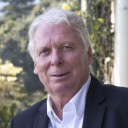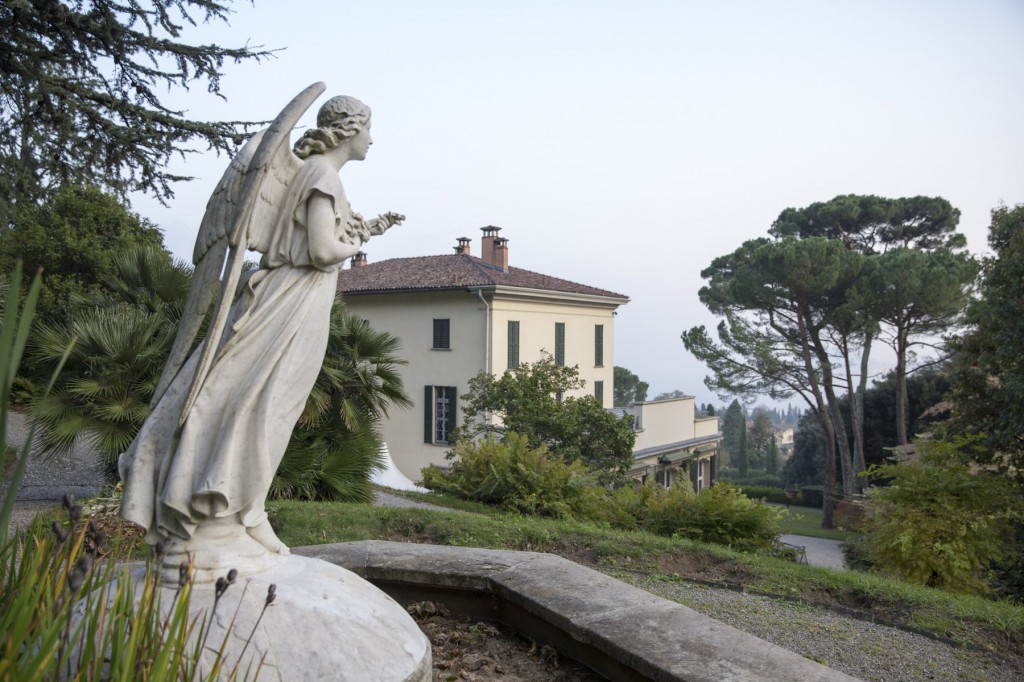Together with our partner, the London-based Earth Security Group, the BMW Foundation invited 25 international decision-makers from a variety of sectors to beautiful Lake Como, Italy, at the end of October to its 2nd BMW Foundation Global Table. Here, at Villa Vigoni, a European Centre of Excellence, three days of intensive discussions were based on the 2014 Earth Security Index Report.
While we used the 1st Global Table in Hangzhou, China, to elaborate the format and content of our new conference series in more general terms, our discussions on the shores of Lake Como were immediately more concrete. At the heart of our dialogue during the first day was the question of how a forthcoming Global Table in Tanzania should be framed in order to make a real contribution to solving the country’s complex resource issues. Who should sit at the table? What should they talk about? Two groups discussed different topics: ‘How to use the newly discovered gas resources for development in Tanzania’ and ‘Sustainable cities in Tanzania’.
The discussions were amazingly focused and engaged, the results substantial. A plenary meeting compared the two different topics for the Global Table in Tanzania, taking a very strategic approach to the design of a multi-stakeholder dialogue on two issues that are believed to be crucial for that country. In the end neither topic came out on top: we at the BMW Foundation, in close consultation with our Tanzanian participants, will have to decide which perspective to focus on. But the entire Global Table group took ownership and volunteered to continue to work on a concept for a Global Table in Tanzania with tangible relevance to the country’s priorities.
All discussions impressively reflected elements of the BMW Global Table process: to better understand the interdependencies in a global, resource-based world and to resist the national trends towards short-term solutions which may reduce certain dependencies, but will lead to fragmentation and conflict in the long run. Bringing together diverse perceptions and interests will be the more complicated but more successful method.
This is something I have learned in my 35-year-long career as a diplomat – and the reason why we launched the BMW Foundation Global Table. I have spent countless hours in bilateral or multilateral negotiations, which were an exchange of prepared but rather inflexible positions. Hours in which I asked myself if this two-sided monologue could ever be helpful in solving any of the often complex problems at stake, not least because those who are mostly affected – be it business, civil society or local administration – were not present at the negotiation table.
We need to bring together all stakeholders, decision-makers from government, business and the third sector, at eye level, with no hierarchy involved. And this is a moment when foundations can play an important part – since we are deeply rooted in and connected to civil society.
The BMW Foundation Global Table engages influencers from Europe, the United States and the emerging powers in a strategic dialogue across sectors and generations. We want to raise awareness of the importance of shared leadership in addressing global challenges. By enabling a frank and diverse dialogue outside existing international frameworks, we provide a platform for stakeholders to identify mutual interests and thus areas of convergence. The identification of converging interests should guide international cooperation.
At the heart of reconciling strategic differences and conflicting interests has to be the principle of ‘fairness’, in essence guaranteed by a rule-based global system, be it in the field of resource security or any other key area. Good governance requires an agreed legal framework as a basis for building interdependent systems of cooperation.
Dr Michael Schaefer is chairman of the BMW Foundation Herbert Quandt. He was with the German Foreign Service from 1973 to 2013; his final post was as Ambassador to the People’s Republic of China.







Comments (0)